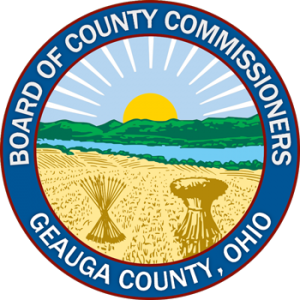Grant and Loan Resources
The Geauga County Revolving Loan Fund is a program that was created to provide gap financing to qualified businesses. The Fund provides direct loans at below prime interest rates on a portion of a project that enables companies to acquire conventional financing or other financing on the remainder of the project. The primary goal of the Revolving Loan Fund is to create long term, permanent jobs that the majority (51%) is taken by or made available to low and moderate-income County households. For each $25,000 loaned, one job must be created within two years of project completion. RLF funds shall not exceed 50% of the total project cost and a minimum of 10% owner equity is required for each expansion and up to 25% for a business startup. Since inception in 1983, over 80 loans have been made with the smallest being $3,000 and the largest $500,000. Click the link below to learn more about the Geauga County Revolving Loan Fund.
Community & Economic Development administers several different grants for Geauga County, each with their own criteria. Choose a link below to learn more about Community Development Block Grant Small Cities Program (CDBG), Demolition & Revitalization grant or Brownfield Remediation grant.





